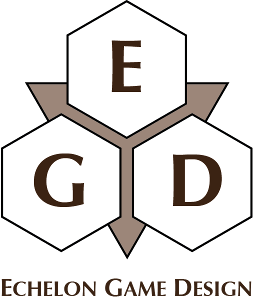Simplification and Complexity: Actions
Actions in Dungeons & Dragons 3.x and Pathfinder come in a wide range of types. Not-an-action, Free, Immediate, Swift, Move Equivalent, Standard, Full-Round… I think that covers all the ones that come up. Some… things done by characters don’t fit the round-based action model, such as spells that take more …
